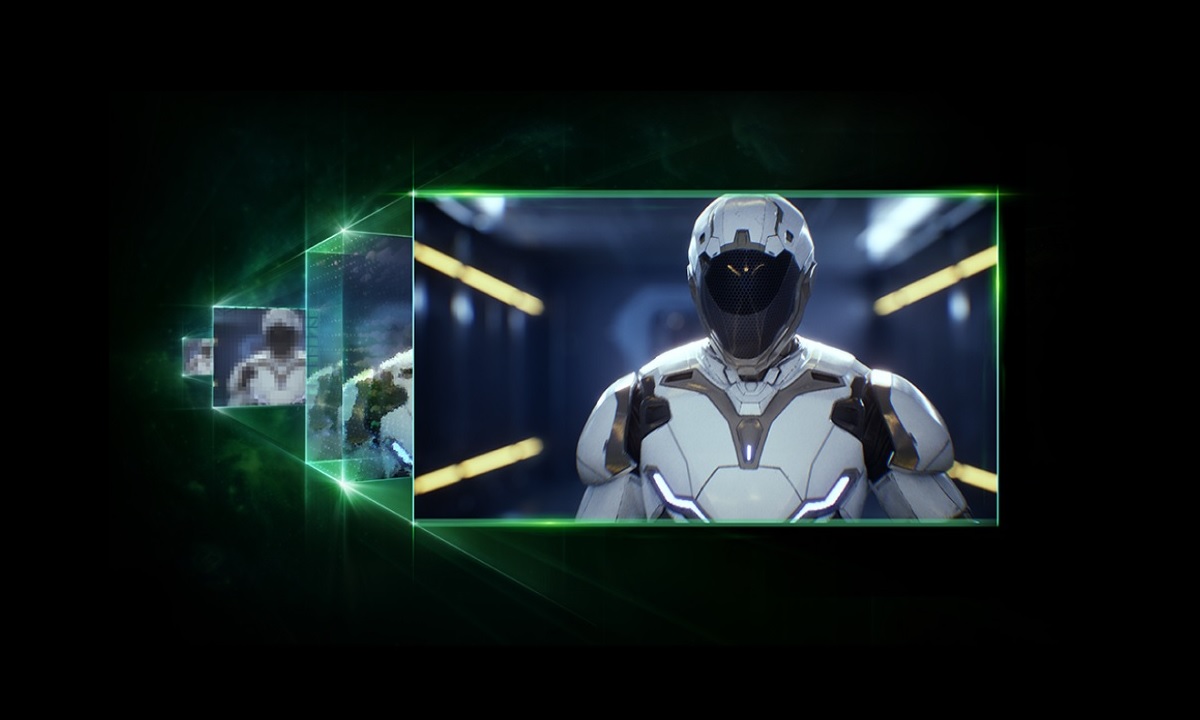The dispute over the sponsorship and exclusivity of AMD FSR technology is far from over. Digital Foundry’s John Linneman recently shared information on social media where he literally said that he is aware that at least three developers that he has spoken to directly they had to release their games without DLSS due to AMD’s sponsorship.
You can read it in the picture I leave you just below these lines, where he also says that he is not investigating anything and that he does not want to do it, a comment that I find even more curious and interesting because it seems to imply that it would be necessary explore more things. It is also important to note that Linneman made this clear with his comment didn’t mean Starfield.
So it’s worth asking what titles he was talking about back then, and the truth is it is not difficult to find candidates among the non-DLSS games that have arrived in recent years. Callisto Protocol, Dead Island 2 and Halo Infinite would be some of the most famous, although we could also add Star Wars Jedi Survivor and Resident Evil 4 Remake to the list.
This information that Linneman stated is very important because it comes from the developers of the game themselves and because confirms that AMD has conditioned these sponsorships on the exclusive use of FSR technology. This explains why we’ve seen so many titles limited to this technology recently, and while this one doesn’t directly reference Starfield, it’s clear that FSR’s exclusivity in this game it can’t be a coincidence.

We also have to remember that when all the controversy surrounding this apparent forced FSR exclusivity happened, the bombshell came that Starfield would follow the same pattern and that AMD didn’t know what to respond to at first. When Sunnyvale was asked if their sponsorship implied any commitment to release games without DLSS, He avoided the question directly.
Media like WCCTech and even Hardware Unboxed didn’t get a clear answer, and he didn’t hesitate to admit that all indications pointed to DLSS blocking in AMD-promoted games, in fact he even shared a video on the subject. It’s not that hard if you’re not doing something, you just have to answer “no” directly, but if you avoid the answer, it’s because something is happening and it’s not good.
Finally, after some deadlock on the matter, AMD said it could not comment on the terms of Bethesda’s Starfield sponsorship deal, but assured that there was nothing stopping Bethesda from adding DLSS to said game, and that if it wanted to do so, it would have “your full support.” . He also acknowledged that when AMD sponsors games, it expects developers to do so prioritize their technology in their games, but that it is a request and not a requirement.
The answer isn’t as clear as we’d like, but at least it clarifies a few things. However, some may wonder why didn’t we have this answer from the beginningwhy AMD didn’t directly answer “we don’t block DLSS in sponsored games” and why Bethesda didn’t say anything about it.














